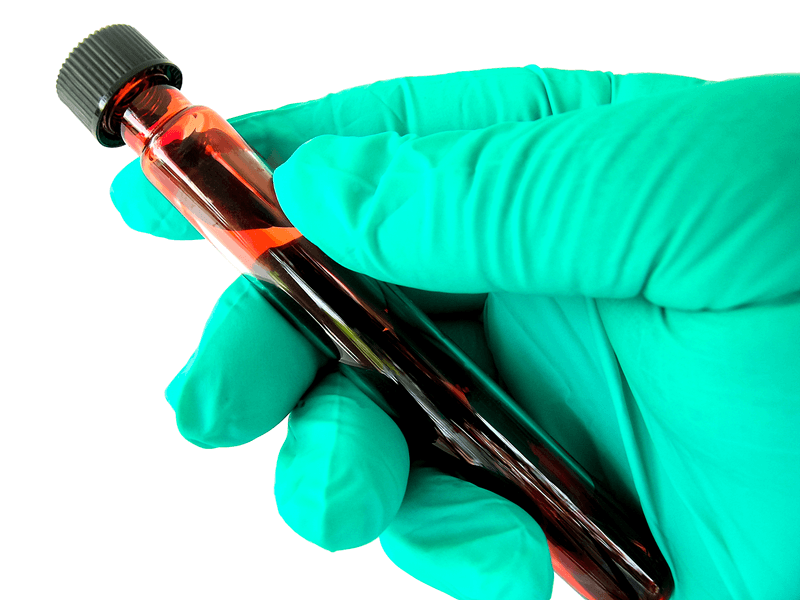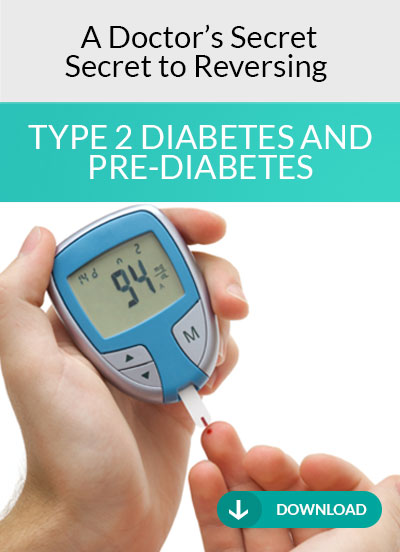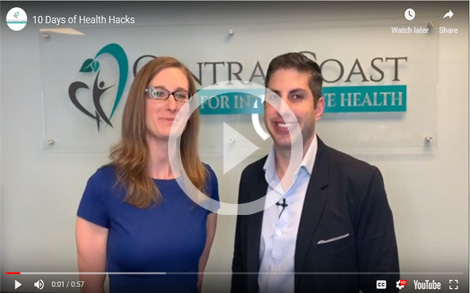If you’re getting your TSH levels checked to monitor your thyroid health, it’s best to get that done in the morning. Otherwise your results may come back normal even though you have hypothyroidism.
All the body’s hormones follow a daily rhythm, including thyroid hormone. This means there are times of the day when it naturally higher or lower. Researchers tested the blood of hypothyroid subjects both before 8 a.m. and again between 2 and 4 p.m.
In hypothyroid patients both untreated and on thyroid medication, TSH dropped was substantially lower during the afternoon test. This means an estimated 50 percent of people with hypothyroidism are not being diagnosed.
In the untreated group, TSH was 5.83 in the morning and 3.79 in the afternoon. In the treated group, TSH was 3.27 in the morning and 2.18 in the afternoon.
A 2004 study also showed late morning, non-fasting TSH was 26 percent lower compared to early morning, fasting TSH. This means even a late morning blood draw could result in a failure to diagnose.
TSH blood test timing and functional medicine ranges
The timing of your blood draw plays an important role in reading a thyroid panel. However, there is more to it.
Even with an early morning blood draw, many doctors will still fail to diagnose hypothyroidism because they use lab ranges that are too wide and that do not reflect genuine thyroid health.
Many doctors still use a hypothyroidism TSH range of 0.5 to 5.0 e
ven though the American Association of Clinical Endocrinologists recommends 0.3 to 3.0.
In functional medicine we use an even narrower range of 1.8 to 3.0. We also know that only looking at TSH can miss hypothyroidism.
For example, TSH may be normal but other thyroid markers are off. That’s why it’s important to order a thyroid panel that includes total and free T4 and T3, reverse T3, free thyroxine index (FTI), T3 uptake, and thyroid binding globulins. Many conditions can cause poor thyroid function, including inflammation, hormonal imbalances, and chronic stress. Ordering these other thyroid markers provides more insight into such imbalances.
Always include a test for autoimmune Hashimoto’s hypothyroidism
In addition to these markers, anyone with symptoms of hypothyroidism should also test for Hashimoto’s, an autoimmune disease that attacks and destroys the thyroid gland.
Why? About 90 percent of hypothyroidism cases in the US are caused by Hashimoto’s. To screen for Hashimoto’s, order TPO and TGB antibodies.
Thyroid medications may be necessary to support thyroid function, but they do not address the autoimmunity attacking the thyroid gland. Failing to manage Hashimoto’s increases the risk of developing other autoimmune diseases such as pernicious anemia, rheumatoid arthritis, vitiligo, and Type I diabetes. It will also make it more difficult to manage your symptoms.
Ask my office how to properly test and manage your thyroid function.
Ask us at Central Coast Center for Integrative Health for more advice on how you can manage and even reverse chronic health conditions through diet, lifestyle, and functional medicine protocols.
Schedule a Complimentary Preliminary Consult (Click Here)
Phone: (805) 556-7200
Email: info@cccfih.com
Yours in health,
Dr. Tiffany Caplan & Dr. Brent Caplan
Board Certified in Integrative Medicine
Certified Functional Medicine Practitioner
Institute for Functional Medicine Certified Practitioner






